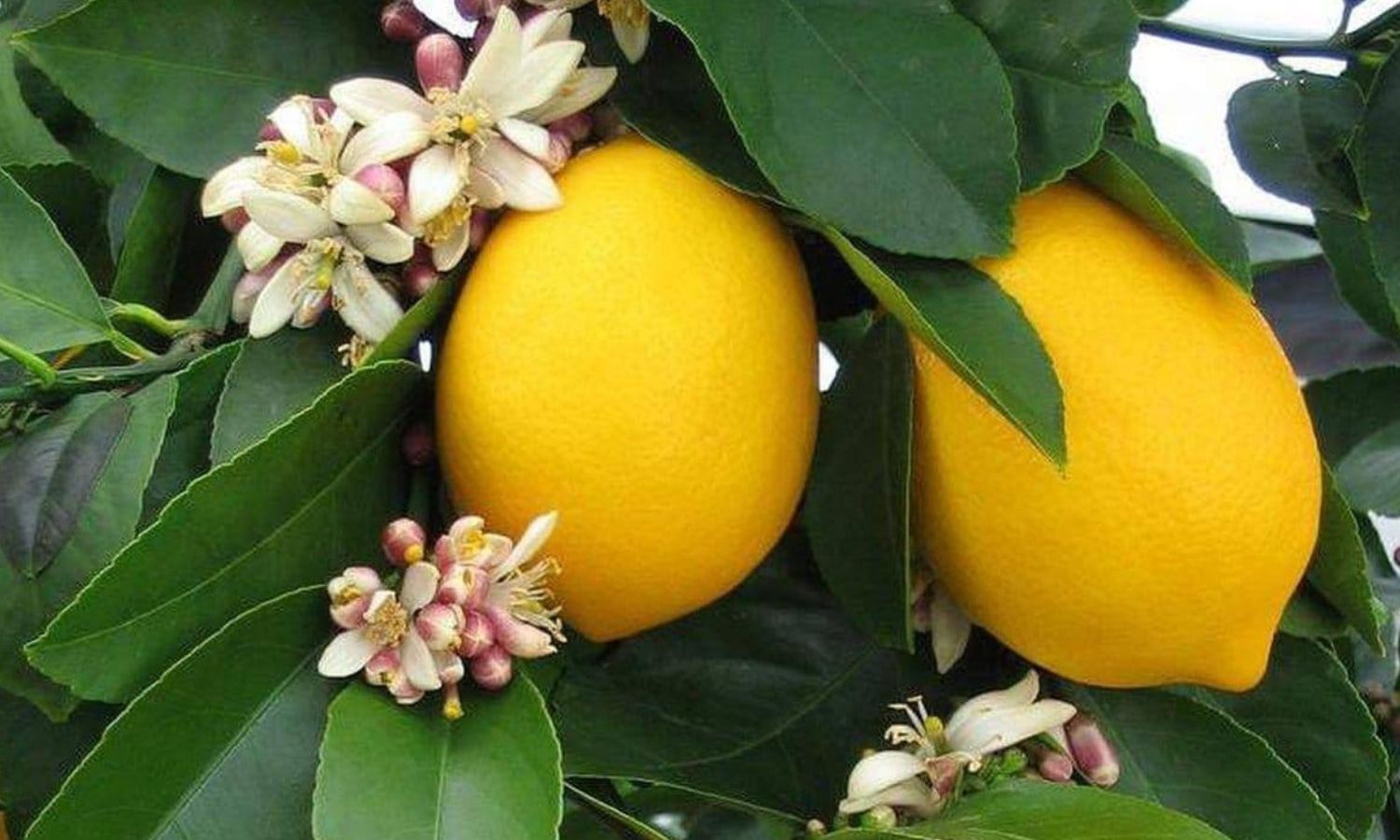



Syrian officials’ estimates about the current citrus season’s production have conflicted, coinciding with farmers’ fears of repeated poor crop marketing.
The most recent estimate for the production volume was from the Director of Agriculture in Latakia, Bassam Douba. In his statement to the local Al-Watan newspaper on Thursday, September 5, Douba expected the production in Latakia alone to reach 840,000 tons.
Ahmad Hilal al-Khalaf, head of the marketing office at the General Union of Farmers, estimated Syria’s citrus production at around 650,000 tons, while last season’s production was around 850,000 tons.
Al-Khalaf attributed the decline in production to poor weather conditions and cold, which affected the fruit, according to his statement to Al-Watan.
The Director of the Citrus Office at the Ministry of Agriculture, Haider Shaheen, estimated on August 21 that citrus production reached 688,614 tons in all areas under regime control, noting that 99% of citrus production is concentrated in the Latakia and Tartus governorates.
Shaheen mentioned that this season’s production decreased by about 18% compared to last season for several reasons, including weather conditions and the heatwave that accompanied the flowering and setting period, combined with low atmospheric humidity, in addition to the phenomenon of alternate bearing in some varieties.
Alternate bearing refers to differing production levels between seasons, where a bountiful season is followed by a less productive one.
The area planted with the crop in regime-held areas reached about 40,581 hectares, with a total of approximately 14 million trees, of which 13.6 million are fruit-bearing. In Latakia alone, the planted area was 30,500 hectares.
According to Al-Watan newspaper, 44,767 families in the Latakia governorate work in citrus cultivation, as reported by Imran Ibrahim, head of the fruit trees department at the Latakia Agriculture Directorate.
Before the harvest season, farmers fear that the government might not take the necessary measures to market their crop.
Farmers in Latakia emphasized the need for procedures to market the citrus crop and to open the door for early exports, according to Al-Watan.
Annually during the citrus season, production accumulates with farmers, leading to decay and spoilage, causing significant losses to the farmers, without effective governmental solutions. This is amidst the absence of any governmental juicing factory in Syria, to benefit from the production by juicing it for local sale or export.
Every year, the government promises to prevent citrus farmers’ losses in the Syrian coast, but none of those promises are fulfilled. Successive government officials have failed to solve the citrus marketing problem, to the extent that some farmers have uprooted trees and built residential buildings instead or have replaced them with other crops.
With the rising cost of fertilizer and most other agricultural expenses, many farmers can no longer bear the losses.
In a report prepared by Enab Baladi at the end of October 2023, farmers complained about the rising costs of citrus farming and the significant difficulty in marketing the production.
Many coastal Syrian farmers are accustomed to leasing their citrus-planted lands. In this arrangement, a trader estimates the weight each tree carries, then immediately pays the farmer the estimated price, while the trader gains freedom over the harvest time.
There is another type of land renting, where the trader chooses to lease trees of a specific type, in the same pricing manner, such as choosing to buy the Mayer lemon crop or only the “Abu Surra” type, excluding other types.
if you think the article contain wrong information or you have additional details Send Correction